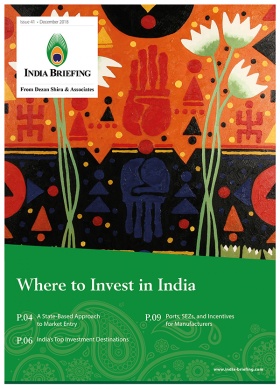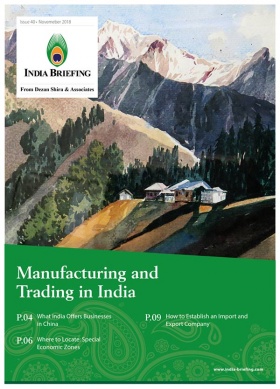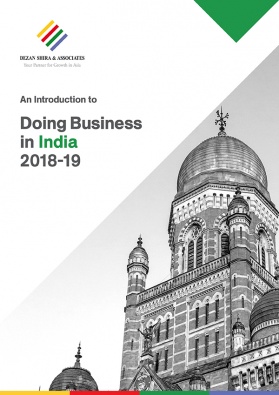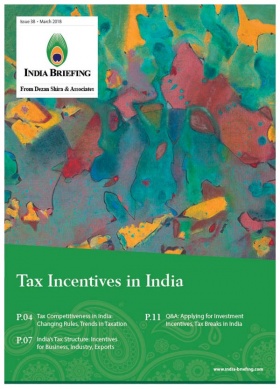GST Update: Back-Office Support Services to be Taxed in India
Multinational and Indian companies that provide offshore support services to foreign companies are now liable to pay 18 percent goods and services tax (GST) on their services.
In its latest order, India’s Authority of Advance Ruling (AAR) clarified that back-office support services will not qualify as exports, but as ‘intermediary services’, that are taxable under the Integrated Good and Services Tax (IGST) Act, 2017.
Previously, companies providing offshore support services in India were treated as exporters of services and qualified as zero-rated supply under the Act.
In light of this change, it is essential for companies dealing with overseas clients to take a re-look at their agreements to determine whether their activities qualify as ‘exports of services’ or ‘intermediary services’ – to avoid any adverse action by the revenue authorities.
What are exports of services under GST?
Under the GST law, a service is regarded as an export if the following conditions are met:
- The supplier of service is located in India;
- The recipient of service is located outside India;
- The place of supply of service is outside India;
- The payment received by the supplier of service is convertible in foreign exchange (Currency other than INR); and
- The supplier of service and recipient of service are unique to each other.
If, however, a service falls under the category of an intermediary service, the place of supply is the place of the intermediary, which – in the case of back-office support services, is in India.
The nature of services provided by the back-offices, as a result, changes from ‘export’ to ‘domestic supply’, and becomes liable to GST.
What are intermediary services under GST?
The IGST Act defines intermediary as a broker, agent or any other person who arranges or helps in the supply of goods or services or both, or securities, between two or more persons.
It does not include agents that conduct supplying activities for themselves but those that conduct such activities for other people (principal) in exchange for a fee or commission.
In other words, the definition indicates that the rendered service is an intermediary service if
- the company’s contract calls for ‘arrangement’ or ‘facilitation’ of goods and services for a third party; or
- where the consideration for a particular service is dependent on a third party supply.
According to the AAR directive, as the back-office support services facilitate the supply of goods and services between overseas companies and its customers, they fall in the category of intermediary services.
How can a company verify if their export of service qualifies as an intermediary service?
A company’s export of service is not an intermediary service if it meets the following conditions:
- Its supply is an independent supply;
- Its consideration in not dependent on volume or existence of another supply; and
- And its contract is clear that it will get its remuneration even if there is no third supply.
What are the implications of the AAR ruling on the BPO industry in India?
According to the National Association of Software and Services Companies (NASSCOM), the AAR directive could seriously hamper India’s image as a global service provider.
Treating back-office support services as intermediaries means an additional tax cost of 18 percent. This has the potential to completely derail the cost dynamics of India’s Business Process Outsourcing (BPO) industry which operates on thin margins and is increasingly facing competition from other low jurisdictions such as the Philippines.
The ruling will also directly impact the competitiveness of over 500 Global Innovation centers (GICs) that support operations of their parent companies with support services, software development centers and data processing back offices in India.
About Us
India Briefing is produced by Dezan Shira & Associates. The firm assists foreign investors throughout Asia and maintains offices in China, Hong Kong, Indonesia, Singapore, Vietnam, and Russia.
Please contact india@dezshira.com or visit our website at www.dezshira.com.
- Previous Article Where to Invest in India – New Issue of India Briefing Magazine Out Now
- Next Article GST E-Way Bill Makes Transportation of Goods in India More Efficient











